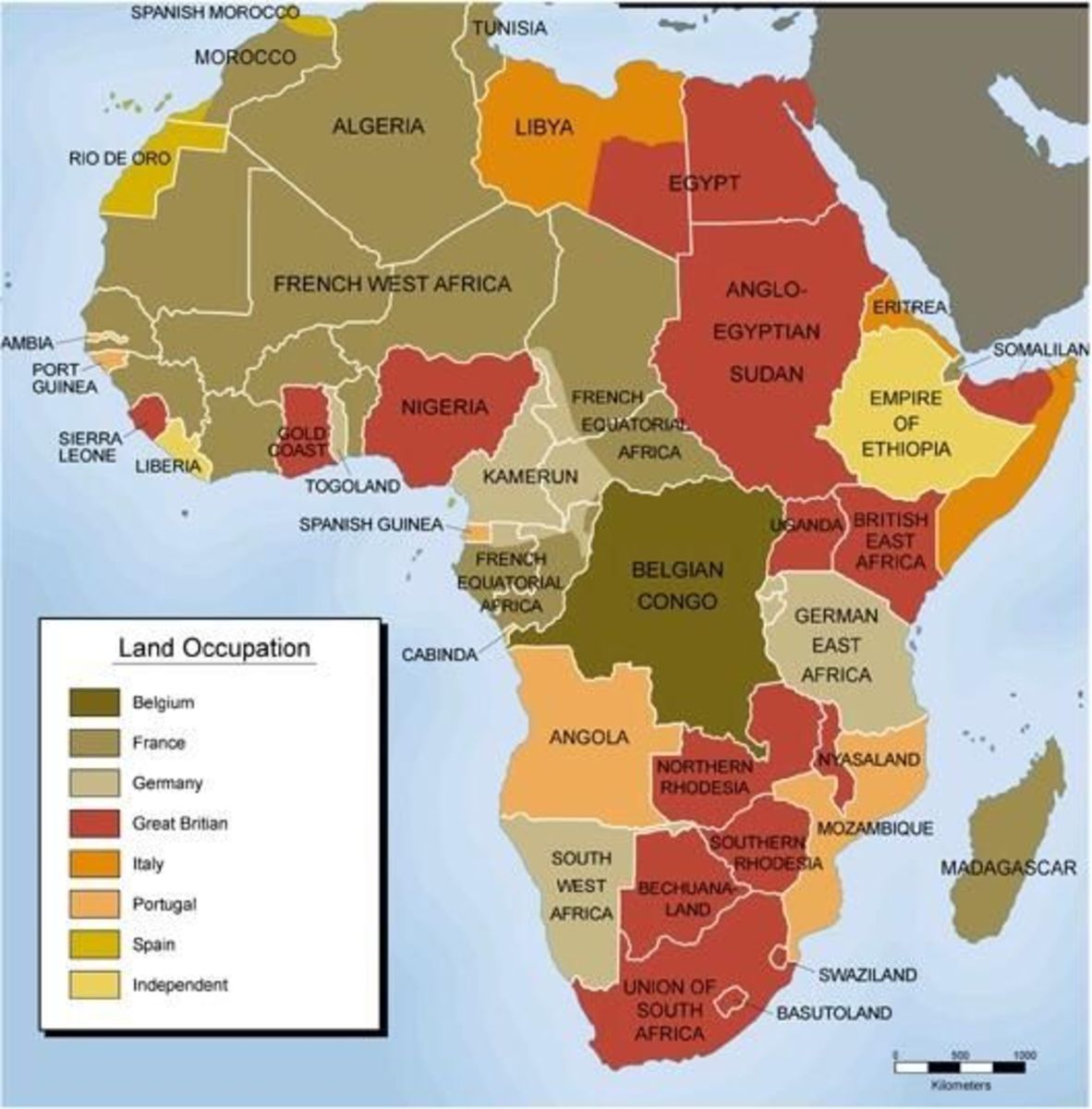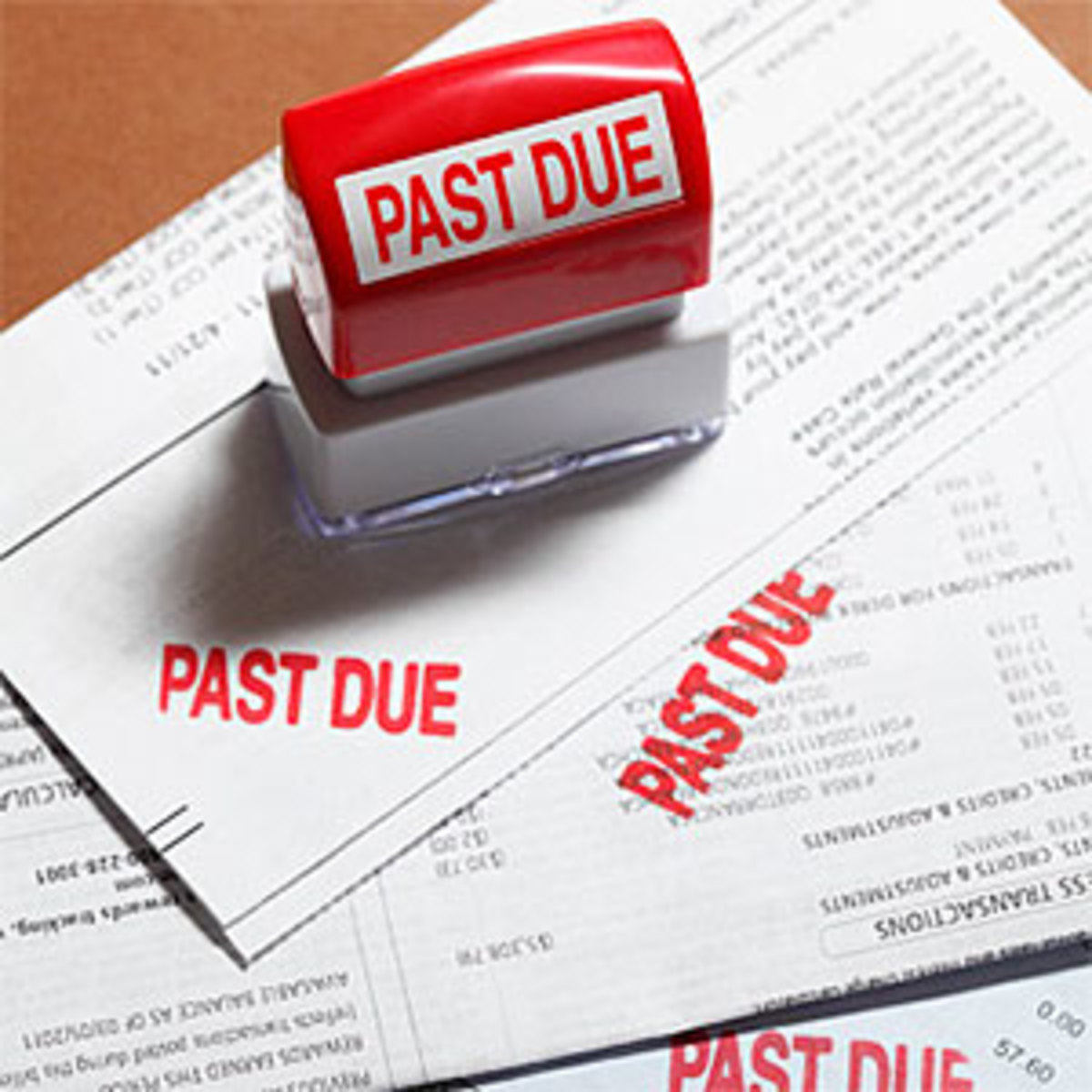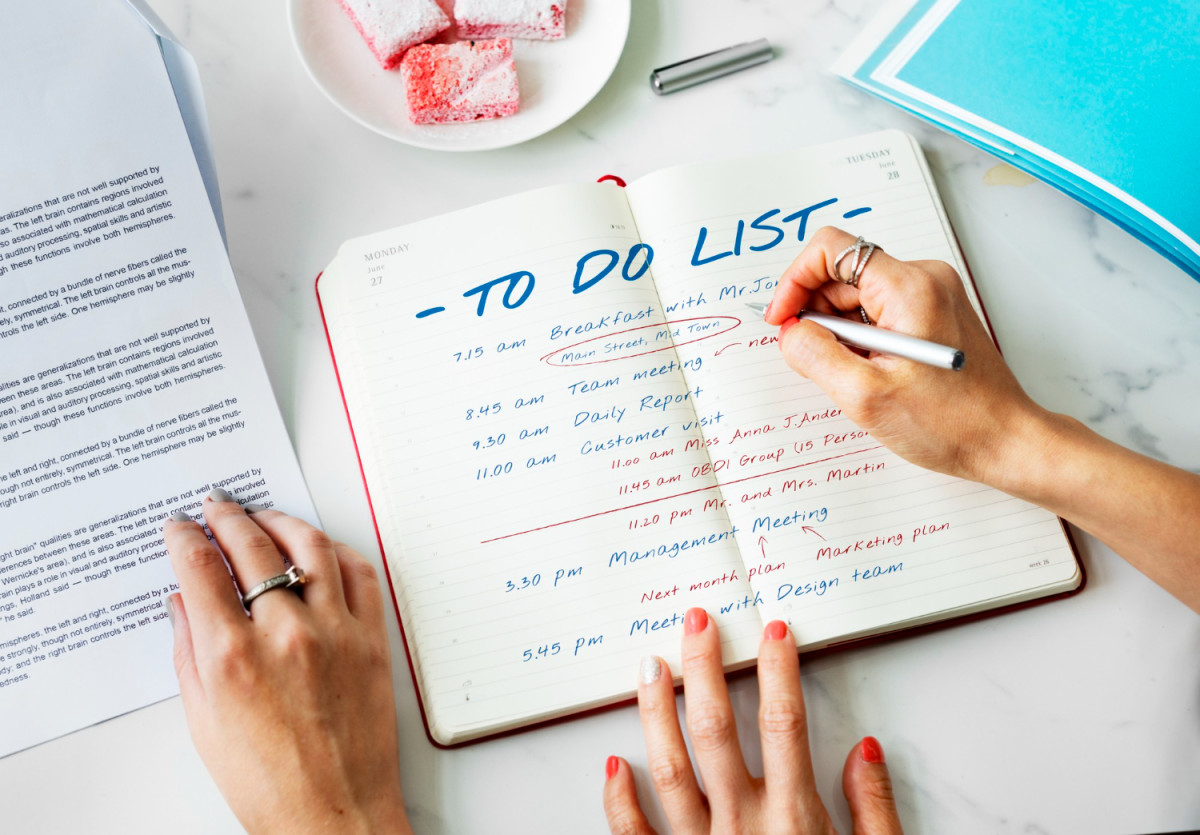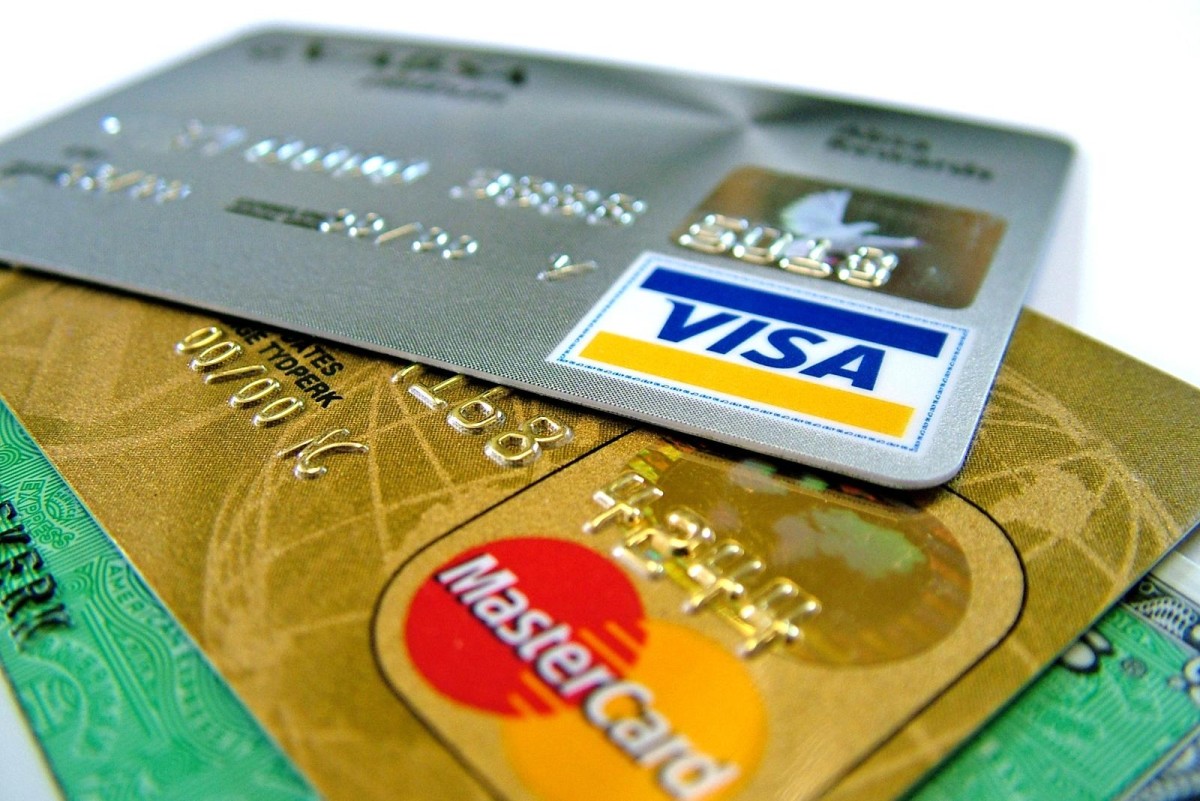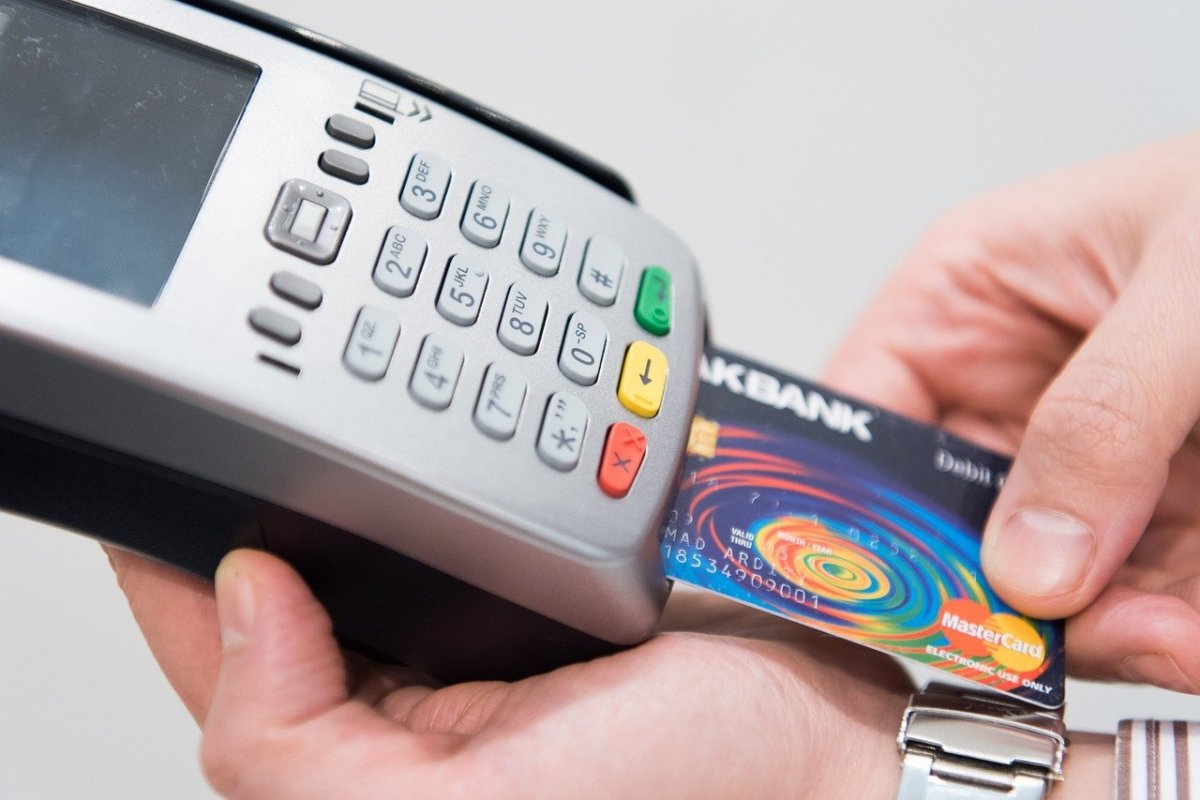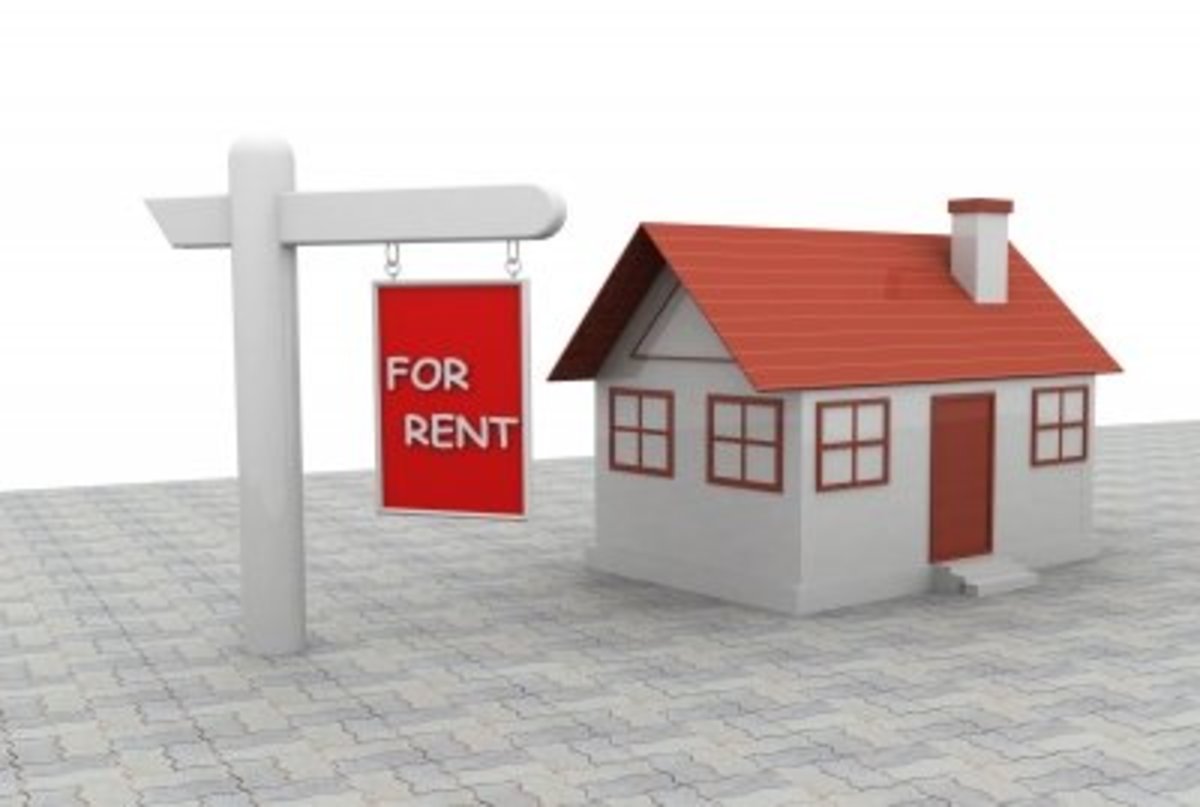PRACTICAL WAYS TO DEAL WITH YOUR DEBTS - updated for 2013
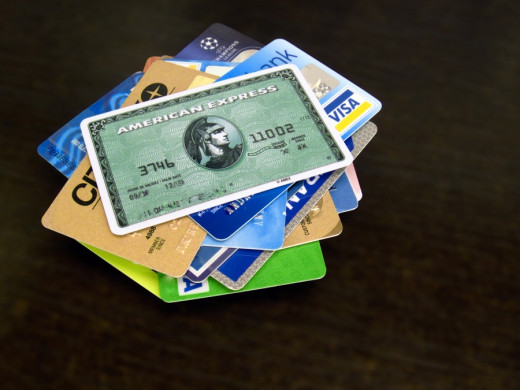
CREDIT CRUNCH
It is a sad fact that children are not taught in college about managing their finances. They are taught many other things except this fundamental aspect of daily life.
Banks and Building Societies are overzealous in their endeavours to recruit anyone over the age of 18 to be a holder of their credit card and this simply increases the number of people struggling to manage their finances.
CREDIT CARD DEBT
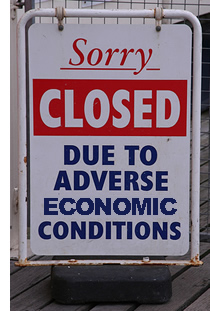
Many businesses are going to the wall as well and this mainly due to lack of education in the mechanics of running a business and managing money. But there is also the element of fear. Because of the way the economy is going at present (certainly in UK) many small business owners are all but frozen in terror and are afraid of doing anything they perceive will cause extra expenditure. They are in a sense a victim of their own negative thinking. Their focus is on the struggle to keep their heads above water and to ensure that they are not going to be one of a growing number of businesses which are going bankrupt daily. This is also true of the individual.
HOW CAN WE GET OUT OF THIS WAY OF THINKING?
Families have a great deal to do with our attitudes to money. If your parents struggled then it's highly likely that you will grow up to struggle. You may find yourself saying the same things your Mum said about how hard life is. STOP that right now! Get educated; you are not your parent so stop buying into their beliefs. Do everything you can to learn about money. Take a look at this site if you live in the UK :- Money Saving Expert.
I also have a theory that if you believe that you are poor you will be poor; so try to be positive rather than negative in your attitude to money. Obviously don't spend as though you are a millionaire if you aren't one but try to avoid saying that you can't afford an item - rather say to yourself that you don't need it or you don't want it.


WHAT ELSE CAN I DO?
Here are some tips to help with overcoming debt and improvIng your financial situation.
- If you are struggling financially, the first thing you need to do is make a list of all your debts. Note the balances owing on each debt and the interest rates you are paying.
- Tackle the most urgent and important bills first. The main one's are the mortgage and the utility bills.
- Talk to your lender. This is paramount if you are runnning into arrears. Don't ignore it because the bank/building society/ lender will undoubtedly take swift action to recover the arrears. If you contact them first, they are usually happy to negotiate terms with you. It is cheaper for them to do this than to incur extra expense employing a credit collection agency. Hopefully they will allow you to extend your payments over a longer period thus lowering your monthly payment. If you own your own home, or even if you have a mortgage, you can approach the mortgage lender and get a home equity loan and use it to pay off your debts. That is assuming you have equity in your property.
- Always aim to pay the debts which have the highest interest rates first.
- Get a copy of your credit report. Mistakes can be made so you need to check it thoroughly. If you find anything untoward take steps immediately to correct it.
- Contact a Debt Counselling Service for advice. If you are based in the UK this one is free. Going it alone can be very daunting so their help can be invaluable. Exercise some caution though because there are some unscrupulous agencies out there who are not operating within the law. Check them out thoroughly. Stepchange is a debt charity based in the UK who offer FREE advice on problem debt, based on what is best for you.
- Always pay more than the minimum payment on your Credit Card. Consider all the extra interest the lender will be benefiting from by you taking longer to pay off the debt. Your payments will lower progressively but try to keep on paying the original amount if at all possible. This way you will pay off the debt much quicker.
- Check out offers from Banks for 0% balance transfers on their credit cards. Transfer all your balances and cancel your other cards. Some cards offer up to two years at 0%. Again don't pay the minimum, pay as much as you can afford and keep on paying this amount. If there is still going to be a balance remaining at the end of the term, search for another deal and just keep on transferring from one card to another until the balance is paid.
- Approach your Bank and ask about the possibility of consolidating all your loans/credit cards etc into one loan. This would reduce the interest payable and the monthly payment. Again, if at all possible make payments higher than the agreed amount.
- Always keep a record of letters sent and phone-calls made to creditors. Note the date, the name and position of the person you spoke to and keep a record of any agreements made. Keep all correspondence you receive in case you need to refer back to it at a later date.
- Try not to take out a loan to pay off your debts. Especially steer clear of payday loans sites. Some of these are not safe.
- Consider opening a new bank or post office account if you are in receipt of Jobseekers Allowance. This is so your benefit doesn't get swallowed up by your overdraft.
- Always keep banks and creditors informed of the current position
- If you have debts of less than £15,000 you can apply for a 'Debt Relief Order'
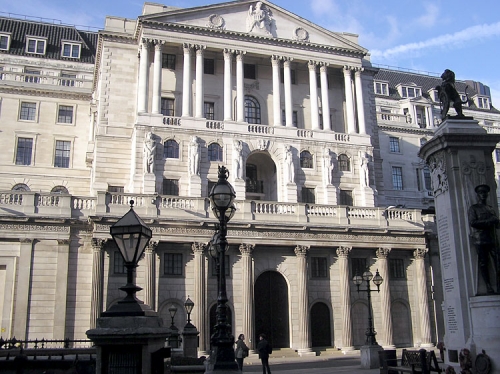
What is a Debt Relief Order?
A debt relief order or DRO is an initiative run by the Insolvency Service and approved intermediaries such as Citizens Advice Bureaux, to provide debt relief to people who have less than £15,000's worth of debt and less than £300's worth of assets. A car is an allowable asset not counted in this figure but must be worth less than £,1000. To apply for this order you must be currently resident in England or Wales, or have been in the last 3 years. You must not have had a DRO in the last 6 years or be the subject of bankruptcy or any insolvency process at the time of applying. The order which is not a court order runs for a period of 12 months and during this time, creditors are not allowed to take steps to recover the debt without the express permission of the court. If, after this period the financial position is still the same, the debt will be written off.
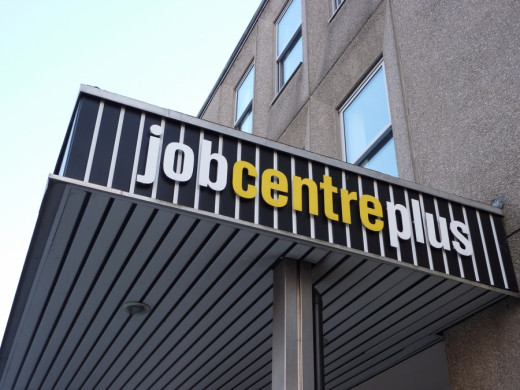
What if I am in receipt of State Benefits?
If you are claiming Income Based Jobseekers Allowance or another means tested type of benefit you may be able to get a loan from the Social Fund. Anyone who is in crisis can apply for a Crisis Loan. If you have been in receipt of a means tested benefit for a period of 26 weeks without a break in your claim you may be eligible for a Budgeting Loan. Bear in mind that these are loans and as such will have to be paid back from your benefit. There is also a Community Care Grant which certain groups of people are eligible for; this does not have to be paid back. However, these grants are due to end on April 1st 2013. Income Based Jobseekers Allowance will also end at some point in 2013 to be replaced by Universal Credit. Check on the www.gov.uk website for details of exactly when this will be rolled out.
HOW CAN I ACTUALLY SAVE SOME MONEY?
Look at ways to cut living expenses.
- Buy own brand goods from Supermarkets instead of brand leaders.
- Take a packed lunch to work rather than buying sandwiches
- Walk to work rather than drive or take the bus
- Cancel magazine subscriptions and get friends to pass their read magazines onto you.
- Use your local library instead of buying the latest paperback
- Get a pay as you go mobile rather than a contract one. This way you can control your spending.
- Always make a shopping list and stick to it when going to the Supermarket.
- Shop at your local market. Fresh produce is way cheaper than Supermarkets.
- Trade in your car for a smaller and more economical one.
- Cancel your gym membership and walk everywhere instead. If you want to work out you can lift bags of potatoes.
- Knock takeaways on the head and prepare all your food from fresh cheap ingredients.
- Shop online, great bargains can be found on auction sites like EBay
Frugal Living
WHAT CAN I DO IF MY CREDITORS WON'T ENTER INTO AN AGREEMENT?
Tell them that if they are not willing to re-negotiate terms with you, you will have no other option but to declare bankruptcy. At this point they should realise that their chances of getting back anything like the amount you owe them are pretty unrealistic. If they don't then now is the time to point this out by declaring that you have several other creditors. Most creditors will jump at the chance of re-negotiation under these circumstances.
An IVA (Individual Voluntary Arrangement) could be the solution without declaring yourself bankrupt.
An IVA could:
- Reduce your monthly payments to an affordable level
- Reduce the total amount you have to pay by writing off some of your debt.
- Reduce the time you'll spend repaying your debts.
An IVA is a legally binding agreement between you and your lenders. By accepting the IVA, they're agreeing to accept lower payments, not to pursue any legal action against you (including trying to make you bankrupt), and to write off any outstanding debt at the end of the IVA. You agree to pay as much as you can afford for the time agreed.

SHOULD I CONSIDER BANKRUPTCY?
Be aware that there are some uncrupulous organisations who will advise you to go bankrupt. Always get a second opinion if this happens because bankruptcy should be your absolute last resort. It is not an easy way out. Your credit record will be affected for at least 10 years by your declaration of Bankruptcy and during this time you will at worst be unable and at best find it extremely difficult to get credit. For years to come you will be considered a high risk.
Bankruptcy is not free: - Bankruptcy in the UK costs £495. This includes: The court fee of £150. The Official Receiver’s fee of £345. This fee is payable when you take your petition to the court.
Bankruptcy will not write off all your debts:-
- Student loans are excluded from Bankruptcy. You will still be required to repay the loan and the arrangement will not in any way be affected by the Bankruptcy.
- Benefit overpayments can sometimes be recovered even after Bankruptcy.
- Court fines are excluded from Bankruptcy. You will be expected to pay the fine and adhere to payment arrangements made previously.
- Child Support payments and other family maintenance debts are not included in Bankruptcy.
- If you are unsure if a debt will be included in Bankruptcy then you should contact the Insolvency Service.
Please note that this refers to UK legislation. If you live in the United States this may be of more use to you


